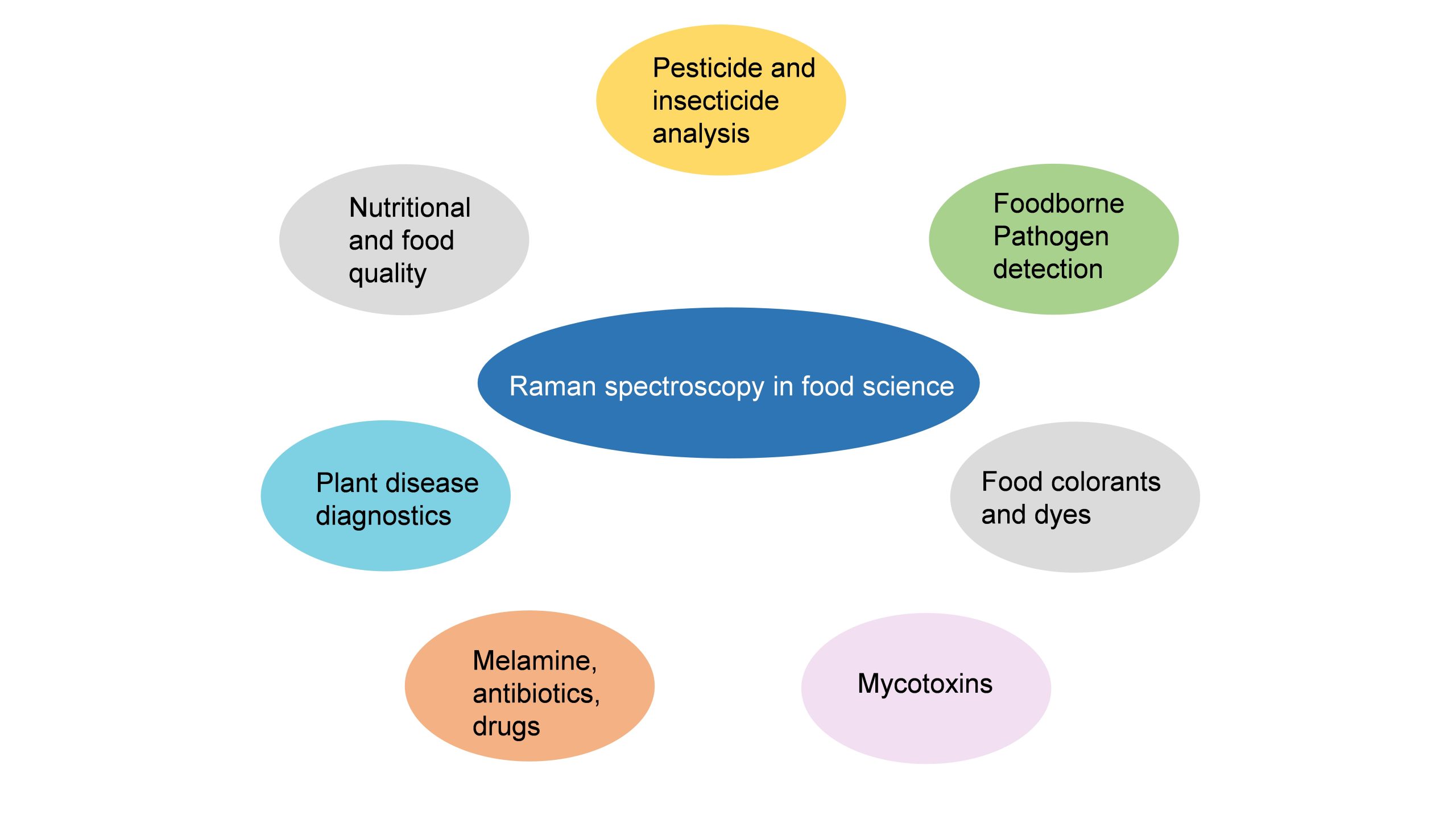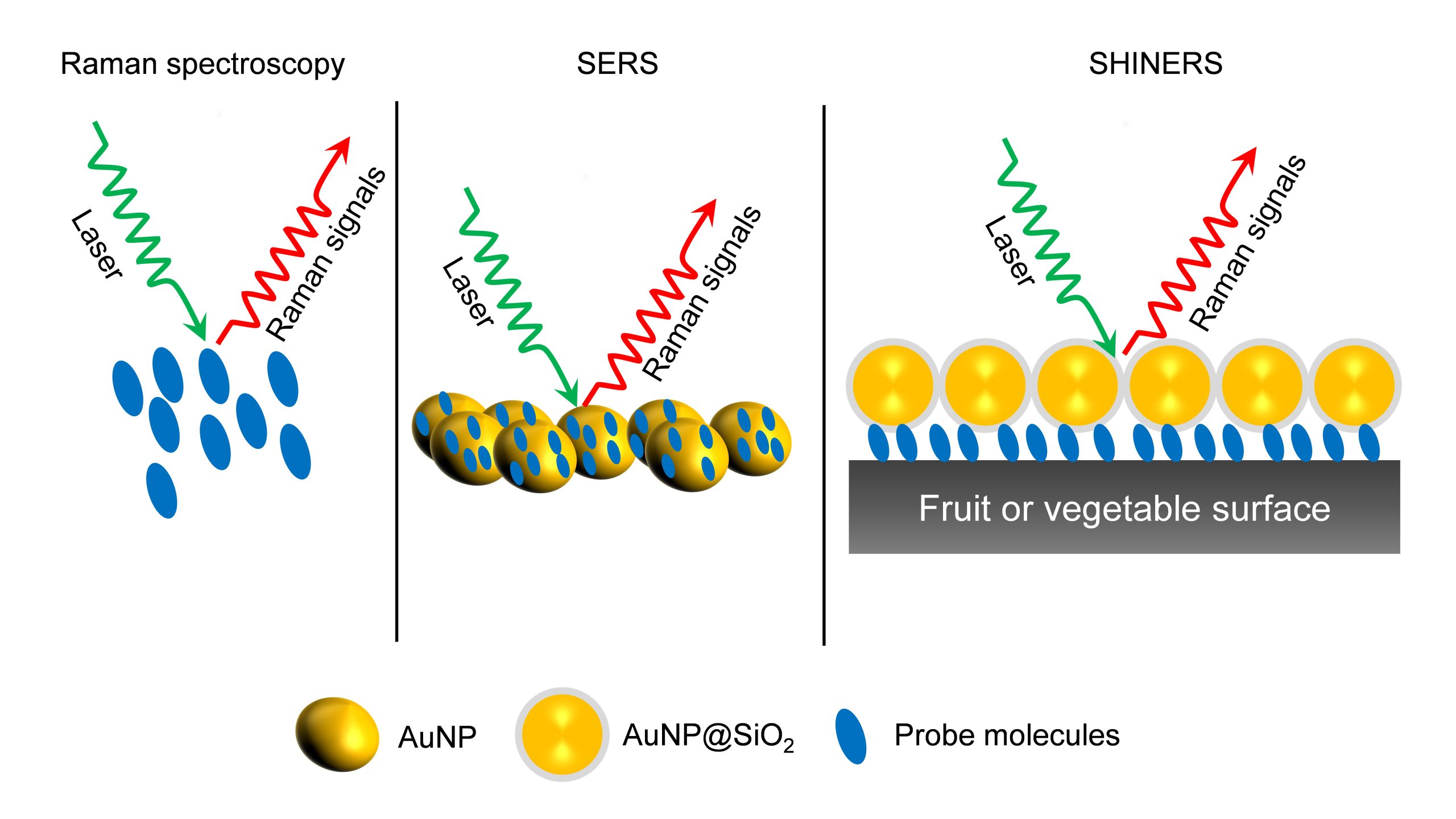
Surface-enhanced Raman Spectroscopy (SERS) is a nuanced chemical technique that amplifies the Raman scattering of molecules by utilising plasmonic nanostructured materials. SERS operates as a powerful detection tool that allows for the structural fingerprinting of a molecule. The ultra-high sensitivity and selectivity of the process offer it a vast array of applications in surface and interface chemistry, nanotechnology, biology, biomedicine, food science, environmental analysis and other areas.
Dr J P Raja Pandiyan and his PhD scholar, Ms Arunima Jinachandran from the Department of Chemistry have been keenly involved in exploring the possibilities of SERS technology in food science and other fields. The safety and quality concerns related to food were the primary reasons that impelled them to step into this domain. Their article “Surface-enhanced Raman spectroscopy for food quality and safety monitoring” was published in the book Nanotechnology Applications for Food Safety and Quality Monitoring, published by Elsevier. The article was published in collaboration with Dr Selvaraju Kanagarajan from the Swedish University of Agricultural Sciences.
 As an analytical technique, SERS possesses several advantages such as non-destructive, sensitive, and selective. In the chapter, the necessity, and applications of SERS in food science are elaborately discussed. They have also discussed all the possible food contaminants and how to identify them using SERS to ensure food quality. This book will serve as an enlightening read to research groups who are working on Raman, surface-enhanced Raman spectroscopy, analytical chemistry, and food quality analysis.
As an analytical technique, SERS possesses several advantages such as non-destructive, sensitive, and selective. In the chapter, the necessity, and applications of SERS in food science are elaborately discussed. They have also discussed all the possible food contaminants and how to identify them using SERS to ensure food quality. This book will serve as an enlightening read to research groups who are working on Raman, surface-enhanced Raman spectroscopy, analytical chemistry, and food quality analysis.

